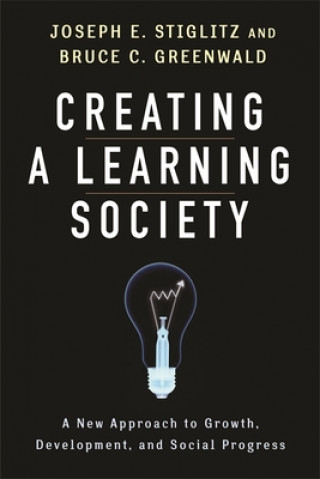
Kód: 02467718
Creating a Learning Society
Autor Joseph E. Stiglitz
It has long been recognized that most standard of living increases are associated with advances in technology, not the accumulation of capital. Yet it has also become clear that what truly separates developed from less developed c ... celý popis
- Jazyk:
 Angličtina
Angličtina - Vazba: Pevná
- Počet stran: 680
Nakladatelství: Columbia University Press, 2014
- Více informací o knize

Mohlo by se vám také líbit
-
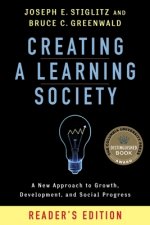
Creating a Learning Society
592 Kč -

Freefall
611 Kč -

Fair Trade For All
688 Kč -
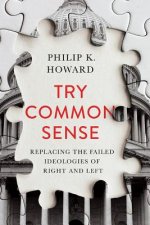
Try Common Sense - Replacing the Failed Ideologies of Right and Left
678 Kč -

Doing Good Better
323 Kč -

Why Nations Fail
205 Kč -

Bottom Billion
316 Kč -

Insight: Pre-intermediate Workbook
258 Kč -

Music and Manipulation
1117 Kč -

Humans Need Not Apply
552 Kč -

Star Wars Padawan
454 Kč -

Encyclopedia of Automatic Musical Instruments
2937 Kč -

Mythical Trickster Figures
1373 Kč -

Numicon: Box of 80 Numicon Shapes (Grey)
1321 Kč -

Numicon: 100 Square Baseboard
198 Kč -

Cure
302 Kč -

OCA Java SE 8 Programmer I Exam Guide (Exams 1Z0-808)
1210 Kč -

Can't Hurt Me
648 Kč -

Kubrick, Stanley
388 Kč -
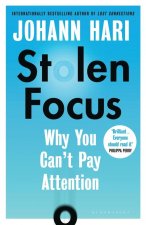
Stolen Focus
614 Kč -
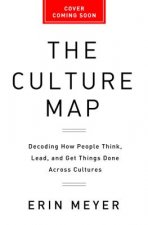
The Culture Map
617 Kč -

Stanley Kubrick
617 Kč -

Python Cookbook
1303 Kč -

S Bohem a fašisty
279 Kč -
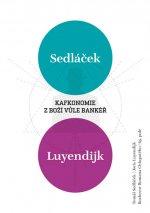
Kafkonomie
124 Kč -

Slepá mapa
299 Kč -

Klub nerozbitných detí
298 Kč -

Ako som vozil Nórov
399 Kč -

Druhá derivace touhy Člověk duše-vnější
279 Kč -

Soumrak homo economicus
108 Kč -

Homo Deus
464 Kč -

Zrada vzdělanců
286 Kč -

Proti tyranům
170 Kč -

Naše vlčice Flocke
311 Kč -

Mosty z kompozytów FRP
544 Kč -

Noch mehr lustige Geschichten
332 Kč -

Hračkář
303 Kč -

Mateří kašička a propolis
179 Kč -

Henryk Sienkiewicz ve světě politiky
273 Kč -

Kajakarstwo
311 Kč -

Ovlivňování a autonomie v psychoanalýze
209 Kč -

Poirot Collection. Nr.1, 3 DVDs
625 Kč
Dárkový poukaz: Radost zaručena
- Darujte poukaz v libovolné hodnotě a my se postaráme o zbytek.
- Poukaz se vztahuje na celou naši nabídku.
- Elektronický poukaz vytisknete z e-mailu a můžete ihned darovat.
- Platnost poukazu je 12 měsíců od data vystavení.
Více informací o knize Creating a Learning Society
Nákupem získáte 71 bodů
 Anotace knihy
Anotace knihy
It has long been recognized that most standard of living increases are associated with advances in technology, not the accumulation of capital. Yet it has also become clear that what truly separates developed from less developed countries is not just a gap in resources or output but a gap in knowledge. In fact, the pace at which developing countries grow is largely determined by the pace at which they close that gap. Therefore, how countries learn and become more productive is key to understanding how they grow and develop, especially over the long term. In Creating a Learning Society, Joseph E. Stiglitz and Bruce C. Greenwald spell out the implications of this insight for both economic theory and policy. Taking as a starting point Kenneth J. Arrow's 1962 paper "Learning by Doing," they explain why the production of knowledge differs from that of other goods and why market economies alone are typically not efficient in the production and transmission of knowledge. Closing knowledge gaps, or helping laggards learn, is central to growth and development. Combining technical economic analysis with accessible prose, Stiglitz and Greenwald provide new models of "endogenous growth," upending the received thinking about global policy and trade regimes. They show how well-designed government trade and industrial policies can help create a learning society; explain how poorly designed intellectual property regimes can retard learning; demonstrate how virtually every government policy has effects, both positive and negative, on learning; and they argue that policymakers need to be cognizant of these effects. They provocatively show why many standard policy prescriptions, especially associated with "neoliberal" doctrines focusing on static resource allocations, impede learning and explain why free trade may lead to stagnation, while broad based industrial protection and exchange rate interventions may bring benefits, not just to the industrial sector, but to the entire economy. The volume concludes with brief commentaries from Philippe Aghion and Michael Woodford, as well as from Nobel Laureates Kenneth J. Arrow and Robert M. Solow.
 Parametry knihy
Parametry knihy
Zařazení knihy Knihy v angličtině Reference, information & interdisciplinary subjects Interdisciplinary studies Development studies
714 Kč
- Plný název: Creating a Learning Society
- Autor: Joseph E. Stiglitz
- Jazyk:
 Angličtina
Angličtina - Vazba: Pevná
- Počet stran: 680
- EAN: 9780231152143
- ISBN: 0231152140
- ID: 02467718
- Nakladatelství: Columbia University Press
- Hmotnost: 1084 g
- Rozměry: 235 × 163 × 45 mm
- Datum vydání: 24. June 2014
Oblíbené z jiného soudku
-

Measure of Civilization
629 Kč -

Leading the Sustainable Organization
1850 Kč -

Development: A Very Short Introduction
249 Kč -

Challenge for Africa
302 Kč -

Agroecology
970 Kč -
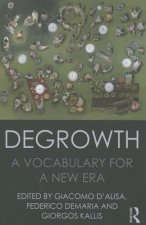
Degrowth
1386 Kč -

Economic Development
428 Kč -

Silenced Rivers
1956 Kč -

Regenerative Design for Sustainable Development
2563 Kč -

Emerging Africa
302 Kč -

Social Entrepreneurship as Sustainable Development
2189 Kč -

Museums, Heritage and International Development
5754 Kč -

Development Theory
1164 Kč -

Oxford Handbook of Economic Inequality
1895 Kč -

Socio-Economic Development
1967 Kč -

Mediatized China-Africa Relations
3289 Kč -

Social and Solidarity Economy
2970 Kč -

Food Security, Nutrition and Sustainability
1666 Kč -

Collaboration for Sustainability and Innovation: A Role For Sustainability Driven by the Global South?
3289 Kč -
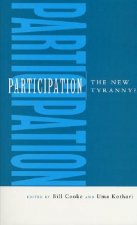
Participation
1351 Kč -

Power and Participatory Development
927 Kč -
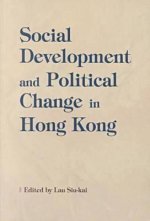
Social Development and Political Change in Hong Kong
1182 Kč -

Designing and Building Mini and Micro Hydro Power Schemes
1580 Kč -

Hornblower's Historical Shipmates
1274 Kč -

Colombia
1274 Kč -

Building with Lime Stabilized Soil
2928 Kč -

After the Conflict
1698 Kč -
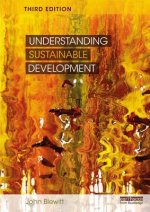
Understanding Sustainable Development
1544 Kč -

Regional Governance and Policy-Making in South America
2108 Kč -

Cuba and Its Neighbours
1040 Kč -
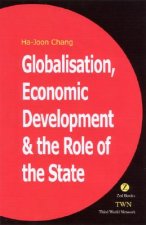
Globalisation, Economic Development & the Role of the State
1403 Kč -

Food, National Identity and Nationalism
2771 Kč -

New Scramble for Africa 2e
2345 Kč -

Is Good Governance Good for Development?
1798 Kč -

Why Doesn't Microfinance Work?
1096 Kč -

Global Capital, National State and the Politics of Money
3289 Kč -

Economic Analysis of Environmental Impacts
2042 Kč -

Action and Knowledge
2149 Kč -

Theories and Practices of Development
1429 Kč -

Records of Oman 1867-1960 12 Volume Hardback Set Including Map Box
274753 Kč -

Theories of Development
1773 Kč -

Companion to Development Studies
4440 Kč -

Oxford Handbook of Global Studies
5307 Kč -
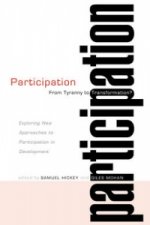
Participation
1542 Kč -

Manual of Building Construction
2018 Kč -

Senegal
538 Kč -

Sustainable Governance of Wildlife and Community-Based Natural Resource Management
1668 Kč -

Law and Justice for Development
1354 Kč -

Mice;Education/Devel Africa Lce
553 Kč
Osobní odběr Praha, Brno a 12903 dalších
Copyright ©2008-24 nejlevnejsi-knihy.cz Všechna práva vyhrazenaSoukromíCookies



 Vrácení do měsíce
Vrácení do měsíce 571 999 099 (8-15.30h)
571 999 099 (8-15.30h)